Virtualization
What is virtualization?
Virtualization is the process of creating virtual versions of physical resources—like servers, desktops, storage, or networks—using software. In healthcare, it’s commonly used to host multiple applications (such as EHRS, imaging systems, and billing software) on a single server, or to allow clinicians to securely access their desktop and data from any device or location. Your servers and workstations are the way you access your patients’ data and perform everyday operations for the clinic. Servers hold data, run virtual machines, and are the backbone of your operation.

How can you help me with virtualization?

We skillfully operate your servers to ensure they are working and reliable. The same is true of the workstations. However, these serve as more of the access point to information, which makes it even more important that they run smoothly. We provide an end-to-end service, setting up your servers and workstations so that you can focus on helping your patients. In addition, in the event of any issue, we provide both onsite and virtual support to help resolve the problem as soon as possible. Equipment management is an important part of what we do, so we make sure the servers and machines on site are running optimally.
Let’s Work Together
Whether you just need a nudge in the right direction or a full range of services to get your practice running smoothly, we’re here to help. Book your discovery call today!
FAQs
How does virtualization help with data security and disaster recovery?
Virtualization secures data by centralizing it in controlled environments rather than on individual workstations, reducing the risk of data loss or theft. It also simplifies backup and disaster recovery by allowing full virtual machines (VMs) to be copied, restored, or migrated quickly in case of hardware failure, cyber-attack, or natural disaster. Many virtual environments have automated snapshots and replication features that ensure minimal downtime and faster recovery times – critical for patient care continuity.
Is virtualization affordable for small and medium-sized clinics?
Yes, virtualization can be very affordable for smaller clinics. By consolidating multiple systems onto fewer physical servers, clinics reduce their hardware and energy costs, extend the life of their existing infrastructure, and simplify IT maintenance. It also supports scalability – you can add new users or applications without needing new equipment. There may be upfront costs for setup and licensing but the long-term savings in efficiency, uptime and IT support will pay for itself.
Can virtualization meet healthcare regulations like HIPAA?
Yes, virtualization can meet HIPAA when implemented with proper security controls. Virtual environments must have encryption, access controls, audit logging, and regular backups. Centralized management makes it easier to enforce security policies across all systems and users. Virtual desktops and servers can be patched and updated quickly to address vulnerabilities. And because our IT providers are familiar with healthcare compliance, we ensure your virtual infrastructure meets all the requirements.
